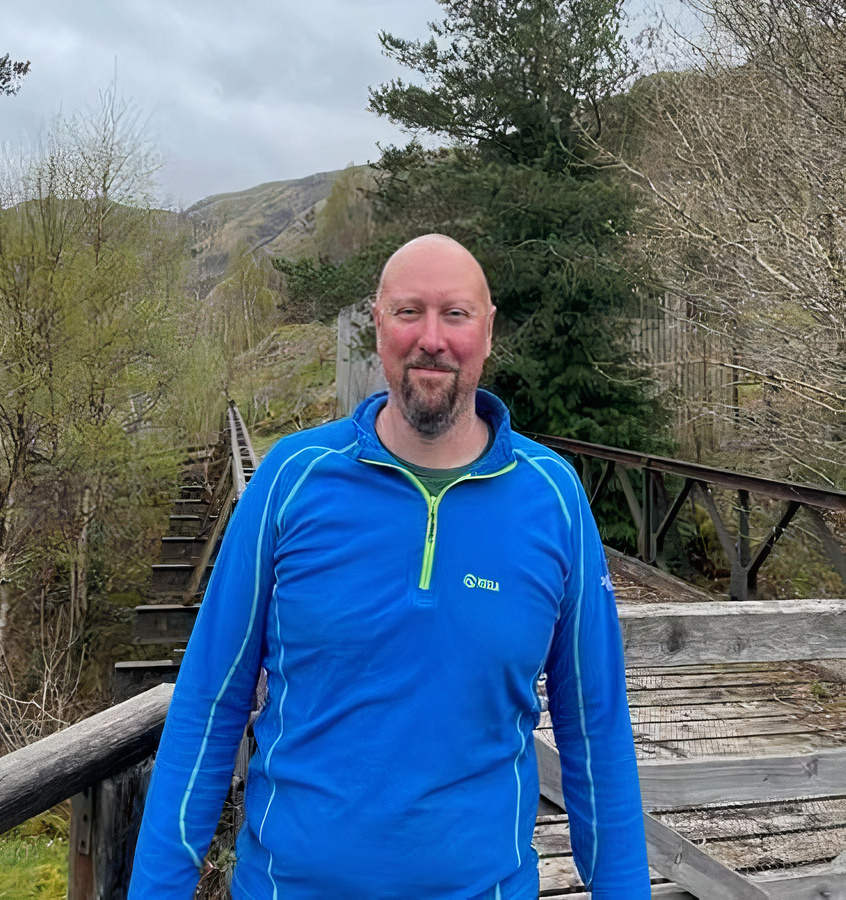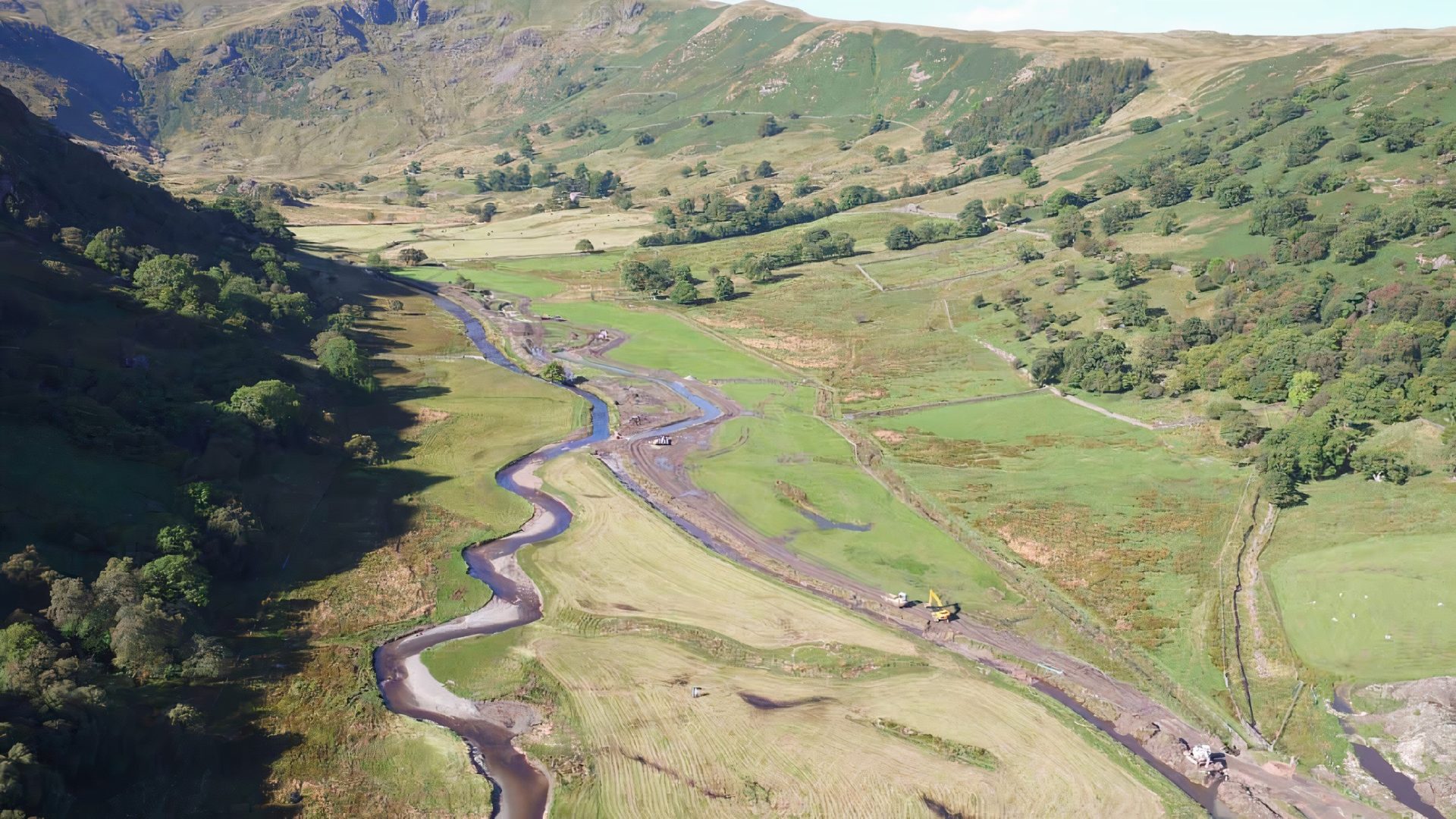
After years of trying to bend nature to meet our needs, John Gorst, Catchment Partnership Officer from United Utilities explains why it’s time to let it take its course.
With the ability to hold more carbon per acre than a tropical rainforest, provide quality water, and home species from bugs to birds of prey, peatlands are nature’s miracle worker.
In the UK almost 12% of our land is peat, with a large portion of that lying in the North West. In the past however, we’ve been guilty of trying to bend peatlands to our needs, not looking after them or appreciating their power. This International Day of Biological Diversity we wanted to celebrate how peatlands can play an important role in encouraging biodiversity and nature to flourish.
Nature finds a way… but we can help
The wonderful thing about Mother Nature is that she’s very good at taking care of herself and with a little encouragement from us, we can restore one of the North West’s most valuable ecosystems for generations to come.
One such example is Swindale Beck which currently looks unrecognisable compared to a decade ago. Having been straightened some 160 years ago, to make way for more farming land – a change that seemed logical back then – the natural environment had been negatively impacted for years with the effects continuing to be felt into the present day.
United Utilities with the support of the RSPB, The Environment Agency and Natural England delivered a series of interventions to restore natural balance to the beck and surrounding areas.
The interventions saw meanders returned to the river and while the river itself was a focus of the project, a large area of blanket bog towards the top of Swindale Valley was restored, which has led to increased carbon storage, combatting climate change, naturally purifying the water, and providing home to a range of wildlife.
A Metropolis of Biodiversity
From otters to adders, peatlands are home to hundreds of specialist species, adapted to the unique environment. Among others, peatlands host thirty species of birds which appear on the conservation list making the setting key to the country’s thriving wildlife.
The straightened river lacked the variety that is needed to support wildlife. For example fish like salmon and trout like a mixture of deep pools, fast running shallows and clean gravels to lay their eggs. Bends in rivers develop deep pools on the outside and deposits gravels on the inside. This means the river will naturally maintain itself in a varied and wildlife-friendly state.
Again, we already know the impact we can have. Thanks to the re-meandering of Swindale Beck, wild salmon, brown trout and many other kinds of wildlife are now able to thrive. In fact, salmon laid eggs in the gravel of the restored river just a few short months after the work was completed – for the first time in nearly 200 years.
Further improvements to the meadows mean that they now host a rich variety of plants. The newly improved meadows also provide all-important nectar for bees and butterflies, further encouraging new wildlife to flourish alongside the re-meandered Swindale Beck.
Working with Experts
To date only 18% of UK’s blanket bog is left in a natural or near-natural state. The remainder is eroded, modified or has undergone land-use change. As part of the water industry’s commitment to carbon net zero we have pledged to restore an additional 1000 hectares of peatland by 2030 and we are well on the way to smashing this target.
The restoration will be done in phases, gradually improving and moving towards being fully functioning blanket bog – a priority habitat recognised by the EU’s habitat directive.
The award-winning project in Swindale was made possible through collaboration. United Utilities pooled expertise from The RSPB, The Environment Agency and Natural England to maximise the results. By working together, it has been possible to return this land to nature, providing benefits for both wildlife and people. Slowing the flow of water has reduced the risk of downstream flooding, improved raw drinking water quality, protected wildlife, and created a more beautiful landscape.



